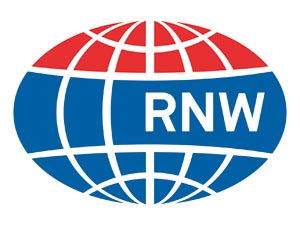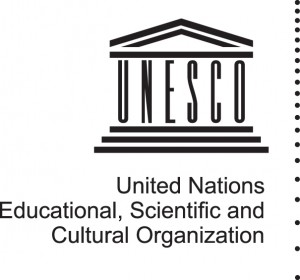 (Source: The Guardian)
(Source: The Guardian)
Radio is the predominant source of information in areas of the world that are sometimes too remote to get a newspaper delivered, let alone access the internet. This is why Unesco has noted that radio is a “low-cost medium, specifically suited to reach remote communities and vulnerable people”.
Attention given to technology for information communications has recently been captivated by web-based applications, especially “new” or “social media”. But about 65% of the world’s 7 billion people do not use the internet. In addition to those who are offline due to lack of access, there are also those who are unaware, unable or simply do not want to use social media.
People listen to the radio in their cars, on the move and at work. Radios don’t require large amounts of electricity, and wind-up radios don’t need an electrical source at all. Moreover, radio reaches large groups of people, being easily shared among families or listener groups. It is a medium often used as a focal point for community discussion on subjects including politics, elections and service provision. Radio efficiently reaches large audiences in real time. [continue reading…]
This will be filed under our ever-growing category, “Why Radio?”


 UNESCO
UNESCO